Ukrainian President Volodymyr Zelenskyy’s trip to Washington in December 2022 was treated with the utmost importance, featuring extraordinary security measures. Hundreds of law enforcement and intelligence officials were activated, with the U.S. Secret Service leading the effort as Zelenskyy visited the White House and addressed Congress. From the moment he landed, Zelenskyy was accompanied by a Secret Service detail, and this protection continued until his departure. His motorcade was also provided by the Secret Service, assisted by local law enforcement.
Former Secret Service agent Don Mihalek explained that the agency is responsible for protecting all visiting foreign heads of state on U.S. soil. Zelenskyy’s visit was seen as particularly sensitive due to the ongoing war with Russia, raising concerns about potential threats from Russian agents or collaborators.
Security for Zelenskyy’s trip to Capitol Hill was akin to State of the Union preparations, with significant measures implemented. The Secret Service consulted with the Capitol Police, CIA, FBI, and other agencies to ensure safety. Every Capitol Police officer was on standby, given the potential threats.
In stark contrast, former President Donald Trump’s security detail has faced significant challenges in obtaining the same level of resources and personnel. Over the past two years, the Secret Service acknowledged denying multiple requests for increased security at Trump’s events. While the agency provided alternative measures, such as local sniper teams and hand-held magnetometers, Trump’s team felt these were insufficient and inadequate to address the security risks involved.
The recent attempted assassination of Trump at a rally in Butler, Pennsylvania, has intensified scrutiny. A sniper managed to get rooftop access roughly 150 meters from Trump’s position, raising serious questions about security lapses. Secret Service Director Kimberly Cheatle is facing calls for her resignation, including from House Speaker Mike Johnson.
Despite these assurances, the disparity in security measures for Zelenskyy and Trump has raised significant concerns about the Secret Service’s prioritization and ability to adequately protect high-profile individuals. Trump’s security detail and advisers have repeatedly voiced their frustrations over what they perceive as an unequal allocation of resources and attention.
The decision to prioritize Zelenskyy’s security to such an extent, while denying crucial security enhancements for a former U.S. president, suggests a troubling inconsistency in the Secret Service’s approach to protection. The assassination attempt on Trump highlights the severe consequences of these decisions and underscores the urgent need for a reassessment of priorities and resource allocation within the agency.
The handling of security for Trump, particularly in light of the recent assassination attempt, exposes significant gaps and inconsistencies within the Secret Service. As scrutiny intensifies, the agency must address these failures, ensure equitable security measures for all high-profile individuals, and restore confidence in its protective capabilities. Director Kimberly Cheatle’s leadership and decisions are now under intense examination, and calls for her resignation reflect the gravity of the situation and the demand for accountability.
SOURCES: ABC NEWS, WASHINGTON POST, CNN












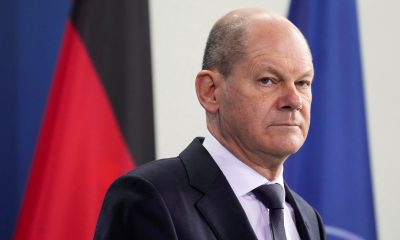

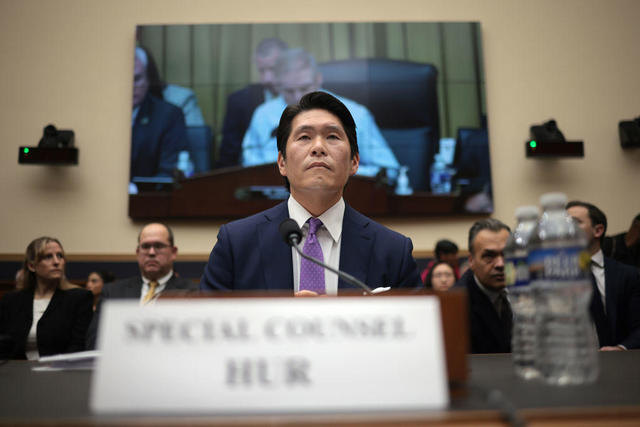
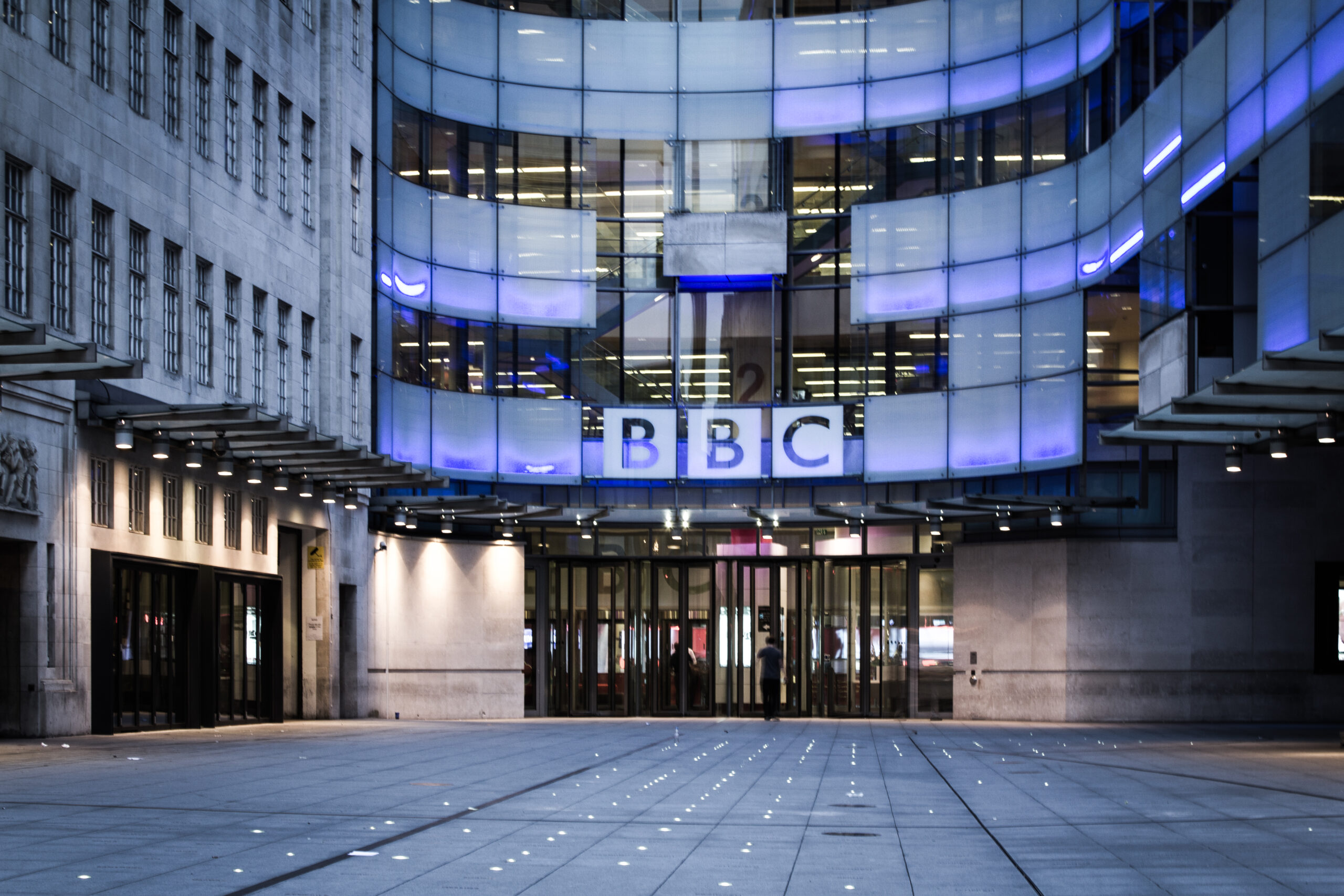
















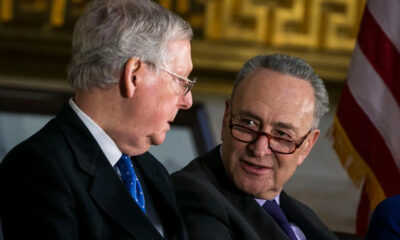



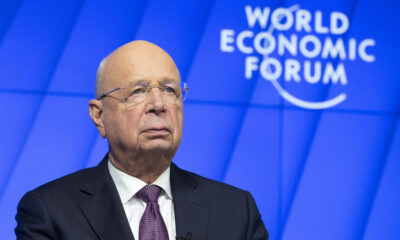

You must be logged in to post a comment Login